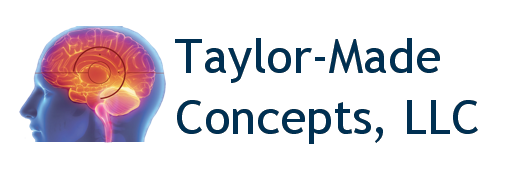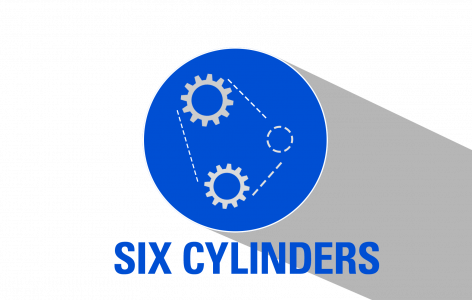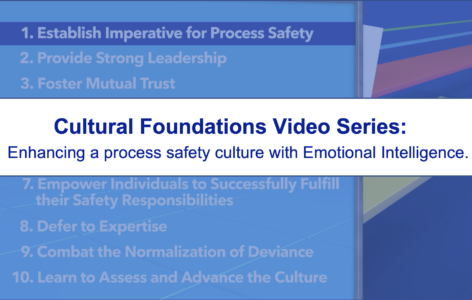Description

Human Performance – Part 2. This course is currently delivered annually at the National Training Institute in Ann Arbor, Michigan. A train the trainer format with the Joint Apprenticeship Training Centers (JATC) and trainers. Currently offering 1.7 continuing education units within the Electric Utility sector.
Tactical EQ4 Human Performance course has successfully been adapted to Law Enforcement and Sports Athletics.
The course covers the unique blend of technical skills and Emotional Intelligence (E.I.) skills.
Focus Three (3): Self-checks, peer-checks, and stop-work authority are just a few of the human performance tools that require emotional intelligence skills, abilities, and behaviors. Human factors like distractions, confusion, and lack of concentration all hinder decision-making.
Given all humans are fallible and even our best folks can error, this course outlines a structured approach to identifying and building cultural Emotional Quotient (E.Q.) competencies within our crews.
Indirect benefits of building crew-E.Q. include improved ability to solve problems, effectively resolve conflicts among others and flexibility when adapting to change.
Course Objectives:
- Recognize the relationship between human performance tools and emotional intelligence.
- Identify the relationship between technical skills and emotional intelligence skills.
- Identify personal skills to improve focus.
- Identify leadership skills most often found in effective leaders.
- How to apply critical decision-making models (CDM’s) for rapid recovery or corrective actions.
Call for pricing 866.487.2815





